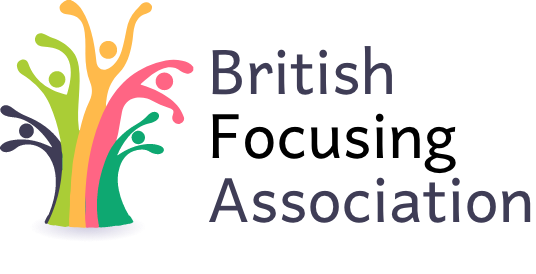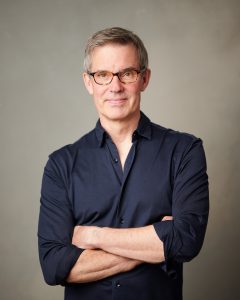
Spirituality
Spirituality in Psychotherapy: Random notes on the living source in FOT
Greg Madison
When my client sits down there are many directions we might go: into stories of the week, stuck patterns, discrete problems that need practical action. Others come to therapy shattered by a specific traumatic event. Focusing-oriented therapists, of course, sit with people who are facing all these life issues and more.
My therapist ego is awake because someone has come to me for help. I worry; can I in fact be helpful? Psychotherapy is rife with techniques to reassure me. Unfortunately, Focusing can become just another one of those techniques. But whom am I trying to help with Focusing? The client as they currently conceive of themselves? Sometimes I think of FOT as being about change. But change from whose point of view? More radically, FOT invites us to let go of who we think we are, who we want to be, and the change we think we need.
We usually live wound tightly around words. Our clinging to structures, identities, concepts, names, reveals the limits of human faith. Working somatically already brings us to the edge of spirituality. We gain the opening that the ‘as if’ quality of metaphor protects. The FOT process evokes answer after answer each one undercutting or refining the previous one until we find ourselves in an unknowing flow and realise, surprisingly, that is the answer.
So sometimes the attention shifts from the content, the ‘problem’ as currently conceived, to the process itself. Together we become curious about how the felt sense shifts situations and feelings. How does ‘it’ know better than ‘I’ do what is right for ‘me’? What is this ‘it’? Gendlin is fond of saying ‘life lives us’. Increasingly I have come to see how insistent life is, how it wants to have its vehicle back. It seems that life wants it’s own point of view to prevail and it is only because we are it that its point of view also resonates as our best interest.
We do not need to understand what ‘it’ is in order to put the ‘living source’ or ‘god’ at the centre rather than psychological theory. It turns many assumptions upside down: Does the unconscious create the body? Is the body a manifestation of awareness? Heidegger used to say we have eyes because we are ‘seeing beings’ not that we are seeing beings because we have eyes. Through the session something pre-historic and pre-biographic is circling. It needs our consent to allow the colonised self to dissolve into a process–self.
Gendlin says that humans live in ‘situations’ and that between two people in therapy there is ‘one situation’. Perhaps the whole cosmos is our human situation? Maybe the whole of human existence is implied within every concrete situation? So where do we draw the situation? Is personal mortality, echoes of the big bang, implied within each situation? If not, then where are they?
So often we stay rooted at the ego end of the spectrum and forego the joy of the slippery slope. Through the practice of Focusing and FOT, I feel the universe inhabiting me with love, as if it is wholly focused on me alone, persistently wanting for me what I am not wise enough to want for myself. I look my client deep in the eyes, and there behind the appearances I sometimes see this same ageless source looking back, responding to the life it has just resurrected in me.

